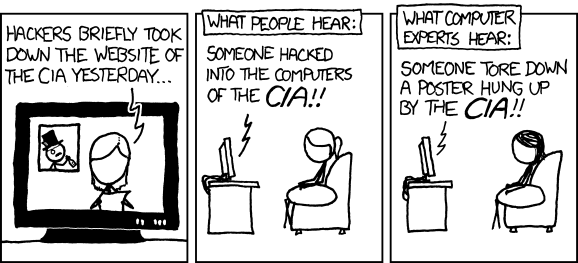This is so cool! Almost makes me want to do a second PhD… More info here.
PhD Studentship in
Law
University of Strathclyde – Faculty of Humanities and Social Sciences – School of Law -– Legal Aspects of Transmission of Digital Assets on Death
The School of Law in the University of Strathclyde invites applications for a PhD studentship which will research the area of how the law regulates the transmission of digital assets on death, including notions of access, control, propertisation, and ownership. These assets might include: Facebook profiles, photos on Flickr, tweets, virtual assets in online game worlds such as Second Life, e-money, blog texts, eBay trading accounts, etc. This is a novel area where the student will be expected to research independently into appropriate areas of private law (eg property, succession, probate, contract) as well as intellectual property law, personality law and privacy law. A back ground in technology law is not essential, nor a technology qualification, but an interest in the information society is probably essential.
Applicants from any jurisdiction (including non-UK EU jurisdictions) are welcomed but English law will most likely form one of the jurisdictions of the study. Applicants should hold a first or upper second class Honours degree or equivalent in an appropriate discipline. A Masters qualification may be helpful. The studentship is funded by the Horizon Digital Economy Research Hub (https://www.horizon.ac.uk/) who are a major interdisciplinary centre for study of the Internet and ubiquitous computing funded by the RCUK Digital Economy programme and based at Nottingham University; the successful candidate will be based within the expanding Centre for Internet Law and Policy at Strathclyde Law School, but will have opportunities to participate in Horizons activities. The student will be supervised by the Director of CILP, Professor Lilian Edwards.
Applicants should submit, by SEPTEMBER 16 2011, a full CV, two academic references, evidence of academic qualifications to date and a covering letter detailing interest in the area of research to:
Janet Riddell (Horizon Digital Economy Scholarship), Graduate School Manager, Faculty of Humanities and Social Science, Room LT205, Livingstone Tower, 26 Richmond Street, Glasgow, G1 1XH
Or by e-mail to: hass-postgrad@strath.ac.uk
Successful applicants will have their fees at home/EU rates only ((sadly)) waived for three years together with an annual maintenance award for three years of £13,590. The scholarship is for one year in the first instance and subject to satisfactory progress, will normally be renewed up to the maximum of a further 2 years.
Visit www.strath.ac.uk/postgrad for general information on postgraduate research study at the University of Strathclyde and http://www.strath.ac.uk/humanities/courses/law/courses/lawbyresearch/ for further information on research degrees in the Law School.
Informal enquiries may be addressed to: lilian.edwards@strath.ac.uk













